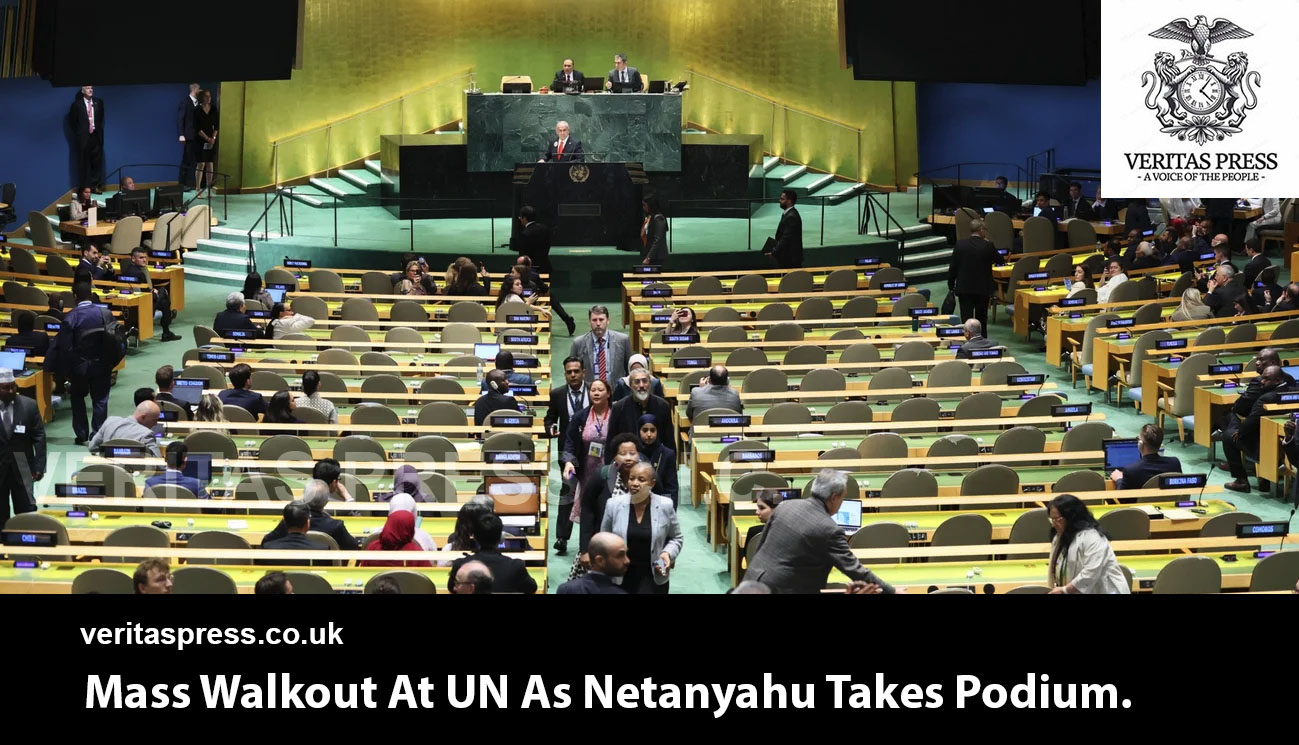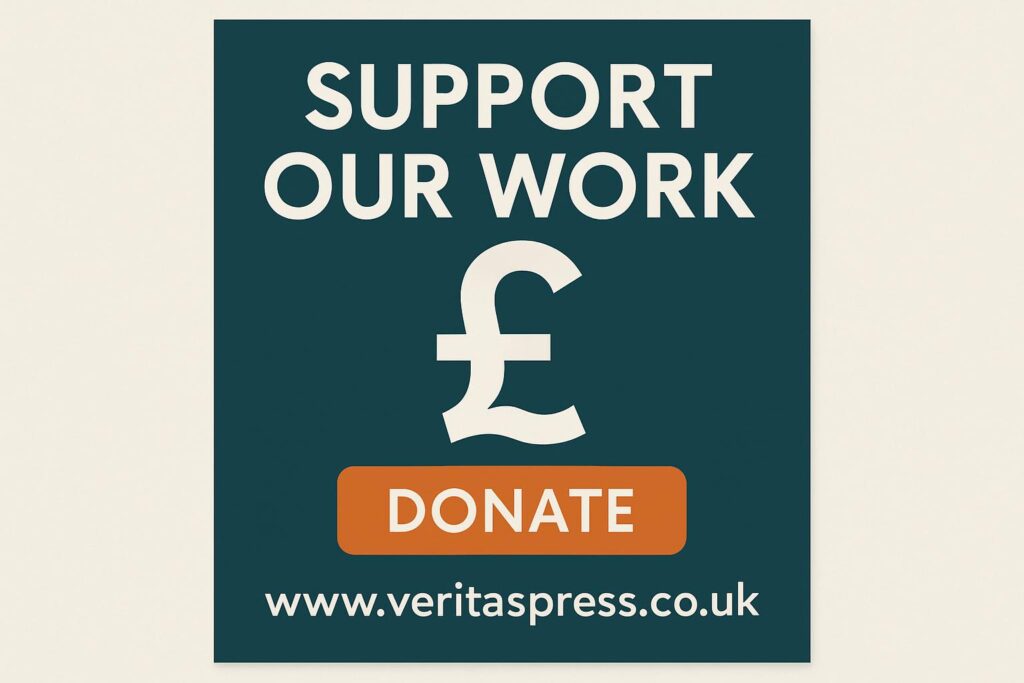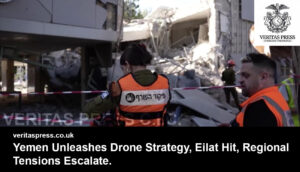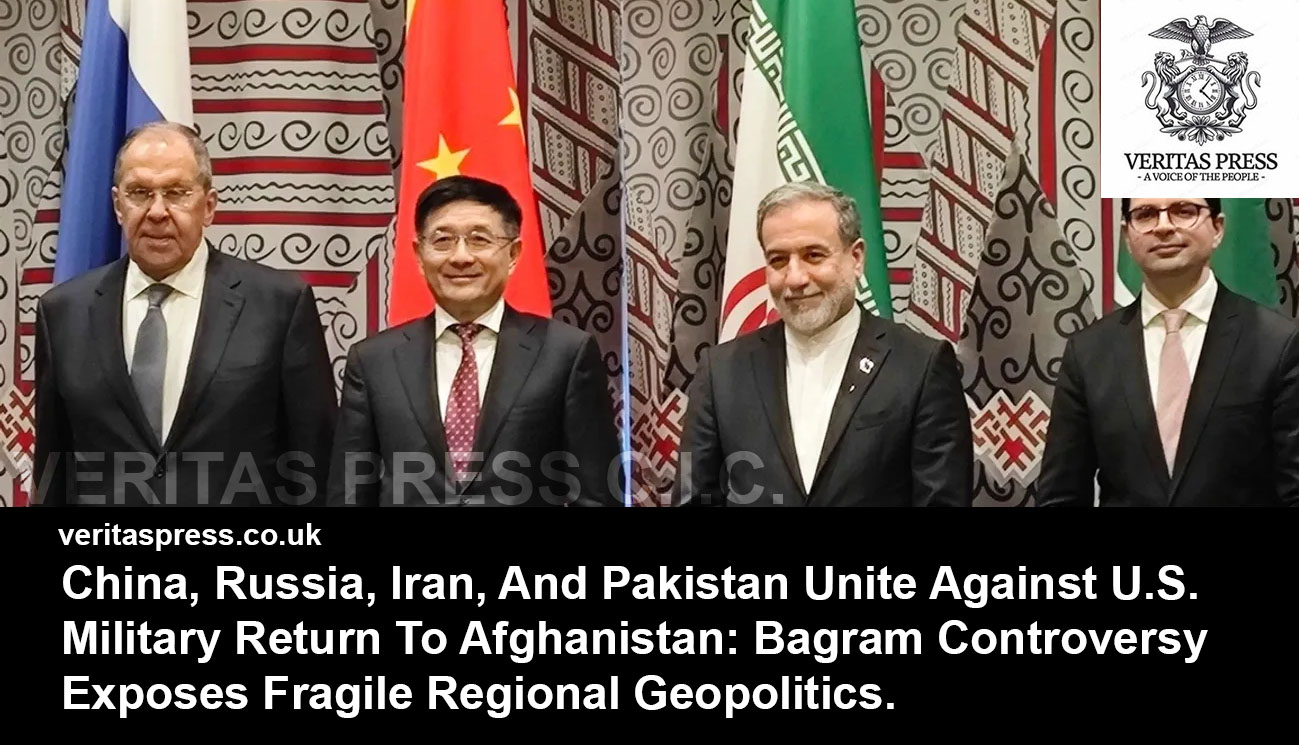Dozens of delegations leave in protest of Israel’s war on Gaza; ICC-wanted prime minister defiant in the face of genocide charges.
UNITED NATIONS — In a scene of extraordinary diplomatic protest, dozens of delegations walked out of the United Nations General Assembly on Friday as Israeli Prime Minister Benjamin Netanyahu rose to deliver his annual address. The dramatic exodus, one of the largest coordinated walkouts in UN history, was a direct rebuke of Israel’s nearly two-year assault on Gaza, condemned this month by a UN commission as genocide.
The move left rows of empty seats across the cavernous hall in New York, while members of the U.S. delegation stayed behind, applauding, as Netanyahu began speaking. The Brazilian delegation remained draped in Palestinian keffiyehs, underscoring the symbolic divide.
“Israel must finish the job,” Netanyahu declared in defiance, drawing jeers from some corners of the chamber and applause from allies. “On October 7, the enemies of Israel tried to extinguish that light. With God’s help, that strength and that resolve will lead us to a speedy victory.”
Netanyahu Defiant, Facing ICC Warrant:
The 45-minute speech, delivered under the shadow of an International Criminal Court arrest warrant issued against him in November 2024, was part defiance, part political theatre. Netanyahu dismissed the genocide accusations as a “false charge,” claiming:
“Would a country committing genocide plead with the civilian population it is supposedly targeting to get out of harm’s way?”
Rights experts and UN investigators have repeatedly rejected that reasoning, noting that forced displacement orders do not excuse attacks on schools, hospitals, or shelters. At least 100,000 Palestinians have been killed and nearly 90 percent of Gaza’s population displaced since October 2023, according to humanitarian agencies.
Attacking The PA, Dismissing Statehood:
Netanyahu broadened his attack to the Palestinian Authority (PA), branding it “corrupt to the core.”
“The Palestinian Authority pays terrorists to slay Jews. The more Jews the terrorists slay, the more the PA pays,” he claimed.
Turning to statehood, Netanyahu lashed out at the wave of Western countries, including France, the UK, Canada, and Australia, that have formally recognised Palestine in recent months:
“You didn’t do something right. You did something wrong, horribly wrong. Giving the Palestinians a state one mile from Jerusalem after October 7 is like giving al-Qaeda a state one mile from New York City after September 11. This is sheer madness.”
The line drew applause from the U.S. delegation, Israel’s staunchest defender at the UN.
Regional Gambit:
Despite relentless airstrikes and diplomatic isolation, Netanyahu insisted Israel’s war would pave the way for “a dramatic extension” of the Abraham Accords, suggesting peace with Lebanon and Syria was possible.
“Our victory would lead to a brilliant future of prosperity and peace,” he said.
The claim jarred with regional realities. Earlier this month, an Israeli strike on Doha, Qatar, allegedly killed Hamas negotiators during ceasefire talks, roiling Gulf states and dimming prospects for normalisation with Saudi Arabia.
Voices of Condemnation:
Other leaders used their UN podiums to excoriate Israel’s campaign. Pakistani Prime Minister Shehbaz Sharif called it “one of the most heart-wrenching tragedies of our time”, invoking the death of six-year-old Hind Rajab, whose terrified final phone call from Gaza City became a symbol of the war’s brutality.
“Can you imagine that that little girl, Hind Rajab, as if she was our daughter?” Sharif asked. “We have all heard her trembling voice … as she struggled to stay alive under Israeli onslaught.”
Palestinian President Mahmoud Abbas, speaking Thursday, vowed Palestinians would never leave their homeland and urged an international coalition for peace:
“Palestine is ready to work with the U.S., Saudi Arabia, France, and the UN to achieve peace in Gaza. But we will not surrender our right to exist on our land.”
UN Commission: Genocide In Gaza.
The walkout came just days after the UN Human Rights Council’s Commission of Inquiry concluded that Israel has committed genocide in Gaza, accusing Netanyahu and other top officials of incitement and intent.
UN Secretary-General António Guterres said the findings should be a “wake-up call” to the international community:
“The war in Gaza is morally, politically, and legally intolerable.”
Symbolism and Isolation:
For many observers, the walkout symbolised Israel’s growing diplomatic isolation. While Washington remains firmly in its corner, much of the world now sees Gaza as a moral dividing line.
“The hall was empty when Netanyahu spoke,” one European diplomat told reporters. “That emptiness said more than any speech could.”
The Road Ahead:
Netanyahu ended with a warning that Israel’s offensive is not over:
“Thanks to the resolve of our people, the courage of our soldiers … Israel rebounded from its darkest day. But we’re not done yet.”
Hamas, for its part, said this week it has “never been an obstacle” to a ceasefire deal, even as its negotiators were targeted in Doha. With famine looming in Gaza and a UN genocide finding on the table, the divide between Israel’s defiance and global outrage has never been sharper.
Timeline: Gaza War and Global Fallout.
Oct. 7, 2023 — Hamas Attack
Hamas militants storm southern Israel, killing 1,200 and taking over 200 hostages. Israel launches a full-scale assault on Gaza.
Nov. 2023 — First Mass Displacement
Israeli evacuation orders push nearly half of Gaza’s population south. UN warns of “unprecedented humanitarian collapse.”
Jan. 2024 — Gaza Death Toll Passes 30,000
Reports of mass civilian killings, starvation, and disease spread. Aid convoys repeatedly blocked.
June 2024 — ICC Arrest Warrant
The International Criminal Court issues arrest warrants for Benjamin Netanyahu and senior Israeli officials over alleged war crimes and crimes against humanity.
Nov. 2024 — ICC Adds Genocide Charge
Prosecutors expand charges, citing evidence of genocidal intent and mass civilian destruction.
Feb. 2025 — Gaza Starvation Crisis
UN confirms famine in northern Gaza. Images of skeletal children spark global outrage.
July 2025 — Doha Negotiators Killed
Israeli strike on Hamas leaders during ceasefire talks in Qatar derails mediation and enrages Gulf states.
Sept. 18, 2025 — UN Genocide Report
The UN Human Rights Council’s Commission of Inquiry finds Israel has committed genocide in Gaza, citing widespread destruction, starvation tactics, and incitement.
Sept. 26, 2025 — UNGA Walkout
Dozens of delegations leave the General Assembly hall as Netanyahu begins his speech, leaving empty seats behind. U.S. delegation remains seated, applauding.
Key Quotes: UNGA Showdown.
Benjamin Netanyahu – Israeli Prime Minister
“Would a country committing genocide plead with the civilian population it is supposedly targeting to get out of harm’s way?”
“Giving the Palestinians a state one mile from Jerusalem after October 7 is like giving al-Qaeda a state one mile from New York City after September 11. This is sheer madness. We won’t do it.”
Shehbaz Sharif – Prime Minister of Pakistan
“The genocidal onslaught in Gaza is one of the most heart-wrenching tragedies of our time. We have all heard the trembling voice of little Hind Rajab. Can you imagine if she was our daughter?”
Mahmoud Abbas – Palestinian Authority President
“Palestine will never leave its homeland. We are ready to work with the US, Saudi Arabia, France and the UN for peace in Gaza.”
António Guterres – UN Secretary-General
“The war in Gaza is a stain on our collective conscience. The denial of aid and the deliberate starvation of civilians are unacceptable.”
Irish Taoiseach (Prime Minister) Simon Harris
“Recognition of the State of Palestine is not a reward to any group. It is a recognition of a people’s right to exist in dignity and freedom.”
Conclusion:
The extraordinary walkout at the UN General Assembly was more than symbolic. It exposed the widening chasm between much of the world and a small bloc of Israel’s defenders, led by Washington. While the U.S. delegation applauded Netanyahu’s rejection of Palestinian statehood and his dismissal of genocide charges, the sight of empty seats underscored how isolated Israel has become on the global stage.
The ICC arrest warrant, the UN’s genocide finding, and the recognition of Palestine by a growing number of Western states have placed Netanyahu and his government under unprecedented legal and diplomatic pressure. Yet the Israeli prime minister, himself facing corruption charges at home, continues to wield the war as both shield and sword, to preserve his fragile political standing and to expand Israel’s regional ambitions through the Abraham Accords.
But as many diplomats and analysts have noted, Israel’s campaign is not only about Hamas. It is about the annexation of the occupied Palestinian territories, the E1 settler expansion plan around Jerusalem, and the systematic carving up of the West Bank into isolated enclaves that will extinguish any definitive hope for a two-state solution. Gaza’s devastation and the forced displacement of nearly its entire population fit into this wider strategy: to cement full Israeli control over the Strip, while fragmenting Palestinian society and foreclosing sovereignty. This is not simply war; it is genocide, ethnic cleansing, and the erasure of the Palestinian people as a political and national entity.
This project has been sustained not only by U.S. military aid and political cover, but also by European complicity. Even as European governments increasingly recognise the State of Palestine rhetorically, they continue to supply Israel with weapons, surveillance systems, and financial flows that make the occupation, the genocide in Gaza, and the ethnic cleansing of Palestinians materially possible. The dissonance between words of support for Palestinian self-determination and the steady arming of Israel has become one of the starkest contradictions exposed by this conflict.
Critics argue that Israel’s war on Gaza has become a case study in impunity: a campaign of mass civilian destruction carried out in defiance of international law, sustained by Western arms and diplomatic cover. Rights groups warn that every day of delay in enforcing accountability entrenches a precedent that genocide can be denied, ethnic cleansing normalised, war crimes reframed as “self-defence,” and international courts rendered powerless by great power vetoes.
As the UN General Assembly hall emptied on Friday, the applause of Israel’s allies echoed against a silence of condemnation. For many diplomats, that silence was itself a verdict: a signal that Netanyahu’s words, promises of peace, denials of genocide, and threats against Palestinian statehood no longer carry the weight they once did. Instead, they stand as evidence in a growing global indictment of Israel’s genocide, ethnic cleansing, and erasure of the Palestinian people, and of the governments, in Washington, Brussels, and beyond, that enable the entrenchment of occupation, annexation, and permanent apartheid under the guise of “security.”
Fact-Box: European Arms Suppliers To Israel Since October 7, 2023.
| Country | Approximate Export Licences / Approval Value | Key Types of Military Equipment / Notes | Recent Changes, Suspensions, or Limits |
| Germany | ~ €485.1 million approved in export licences from Oct 7, 2023, to May 13, 2025 | Includes weapons systems, ammunition, radar & communication devices, armoured-vehicle parts. | Huge spike immediately after October 2023; by 2024, the approvals dropped sharply. By mid-2024, only limited licences will be issued. The war weapons category has significantly reduced. |
| United Kingdom | From 7 October 2023 to May 2024, 108 export licences were issued to Israel (37 military, 63 non-military). | Licences cover items such as telecommunications equipment, components possibly usable in combat aircraft, small arms ammunition, UAVs, etc. | The UK has suspended ~30 of the licences (high-risk items) after assessments of humanitarian law risk. Still under pressure to revoke more. |
| Italy | For 2014-2022, export licences to Israel were worth ~ €114 million (various weapon systems, etc.) after Oct 2023 orders agreed before that date have been delivered; new approvals reportedly halted. | Past supplies include warships, small arms, artillery, aircraft, ammunition, and Italian companies like Leonardo. Implicated. | Italy has officially claimed no new export licenses for lethal arms since Oct 7, 2023 (but deliveries under existing licences continue). |
| France | Historically, a significant exporter, but recent reports show a sharp decrease in direct arms sales. Dual-use and parts supply remain. Precise licence value to Israel since Oct 2023 is less clear. | Equipment for missile-defence parts (Iron Dome, etc.), electronic/dual-use components; possible drone components. | France has claimed to block direct transfers of military arms to Israel in certain categories. Criticism remains about dual-use exports. |
| Other European States | Aggregate export licences from other EU countries over 2014-2022 (before this war) amount to many tens or hundreds of millions of euros. Since Oct 2023, some states (Spain, Belgium, etc.) have reported small licences or suspended deals. | Often smaller items: ammunition, vehicle/military spare parts, electronic components, optical/communication equipment. | Several states have suspended exports or announced reviews of licensing criteria because of alleged violations of international humanitarian law. Some (e.g. Spain) say licences approved before Oct. 7 are being processed/delivered, though new ones are frozen or curtailed. |
Advertisments
Tags:






























Leave a Reply